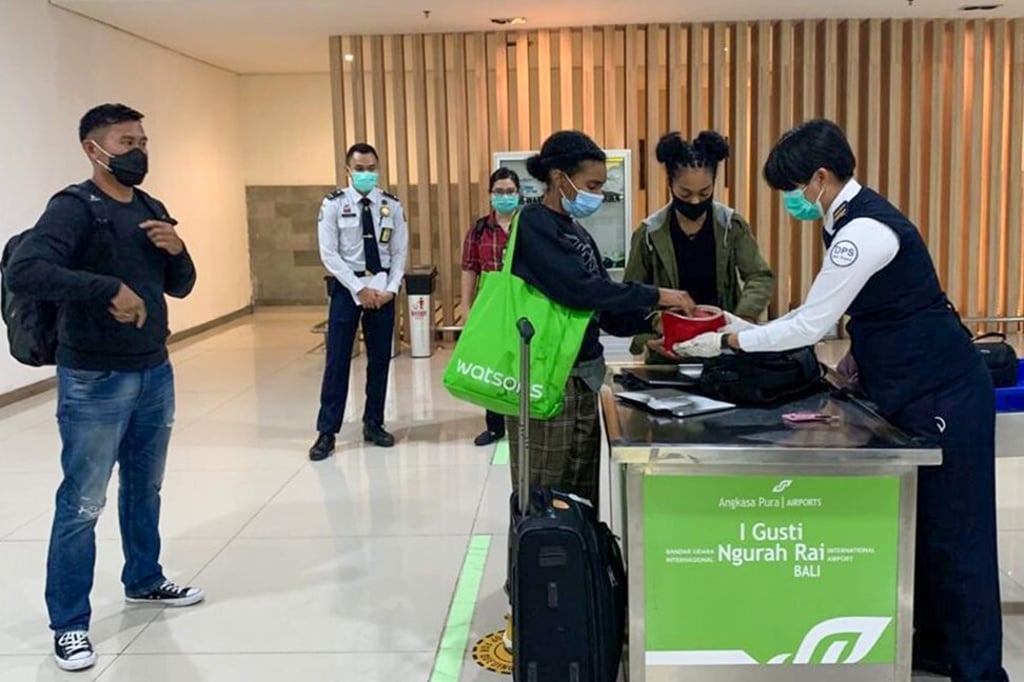Advertisement
How a US woman’s ‘elevated lifestyle’ tweet showed what Bali really thinks of privileged Western tourists
- Online fury directed at 28-year-old digital nomad Kristen Gray accuses her of exploiting island’s friendly ways for her own selfish purposes
- A Balinese social activist said the incident had ‘opened a tap of emotions’ in many, exposing their true feelings about tourists and digital hipsters
Reading Time:5 minutes
Why you can trust SCMP
24

The social media firestorm ignited by an American “digital nomad” who promoted the perks of living in Bali for foreigners has revealed the frustrations that many Indonesians feel about the local government’s relentless pursuit of tourism to drive the economy, which has left residents with little else now that the Covid-19 pandemic has disrupted travel.
Indonesian internet users this past week accused 28-year-old Kristen Gray – who went on Twitter to promote her US$30 e-book on how to move to Bali for an “elevated lifestyle at a lower cost of living” while skirting Indonesia’s current entry ban for foreigners – of exploiting Western privilege and contributing to the island’s gentrification.
Immigration authorities in the world’s largest Muslim-majority nation, where support for homosexuality is very low, assailed her promotion of an LGBT lifestyle in Bali, where most residents are Hindu. Only 9 per cent of Indonesians agree that homosexuality is acceptable, according to a June 2019 survey by Pew research centre.
Gray, who said she had struggled with being black and queer in the United States, listed the benefits of Bali as “safety, low cost of living, luxury lifestyle, queer friendly, [and the] Black in Bali community.”
Advertisement
Her rent cost US$400 she said, and she had started a graphic design business. Besides her e-book, which includes “direct links to our visa agents and how to go about getting into Indonesia during Covid”, she was also offering 45-minute consultations to those thinking of making the move to the tropical island at a cost of US$50.
Indonesia currently bans the entry of foreigners, except for diplomats, over concerns about coronavirus transmission and the risks from the more contagious Covid-19 variant that was found in Britain.
Advertisement

Advertisement
Select Voice
Choose your listening speed
Get through articles 2x faster
1.25x
250 WPM
Slow
Average
Fast
1.25x